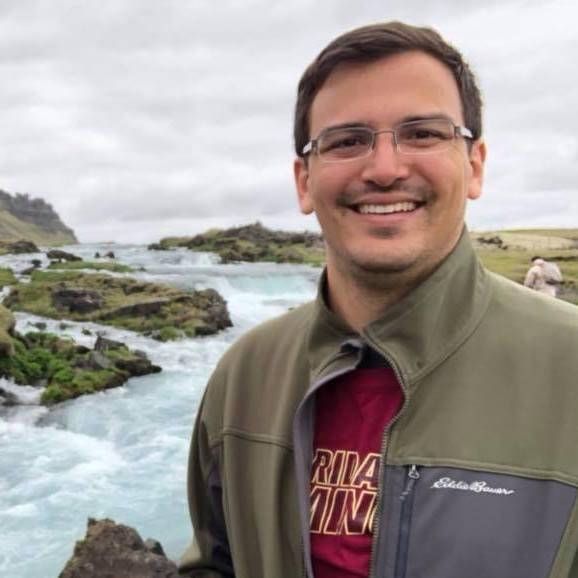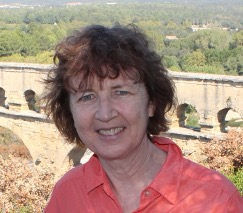
Title:
EPRI Climate READi Inititaive
Seminar Day:
July 16, 2024
Presenter:
Stephen Signore
Performance Monitoring and Diagnostic
Tennessee Valley Authority
Abstract:
Dr. Signore currently processes for Tennessee Valley Authority’s (TVA) River Forecast Center will be discussed including reactions to severe storm events and seasonal operations that provide multipurpose benefits to the region. TVA’s Probabilistic Flood Risk Analysis tool will be discussed and how that can be used to inform decision makers of the potential outcomes of severe storm events. The real time coordination between the RFC and the Performance Monitoring & Diagnostics (PM&D) group that Dr. Signore is a part of and the other responsibilities of the PM&D group in safe, efficient, reliable operations of TVA assets will be covered. TVA’s internal work on reliability analyses of hydroelectric powertrain assets that resulted in increased funding for major maintenance work and led to Dr. Signore’s ongoing coordination with an Oak Ridge National Laboratory (ORNL) research group’s efforts to advance the area will be presented as well.
Speaker:
Stephen Signore earned his Ph.D. in Energy Science & Engineering from UT-Knoxville in 2017 and holds B.S. Civil Engineering and Environmental Engineering degrees from Florida State University. After completing a post-doctoral appointment at ORNL in the Environmental Sciences Division, Stephen joined the Performance Monitoring & Diagnostics team at Tennessee Valley Authority in April 2020. His current work focuses on identifying long term trends in hydropower equipment monitoring data that can lead to actionable decisions to reduce wear and tear on the units to improve system reliability and implementing changes to hydro unit characteristics that interact with how TVA’s hydropower fleet is scheduled. He also serves as a point of contact for TVA for our partnership with ORNL’s Hydropower Fleet Intelligence project and is active in the Electric Power Research Institute Climate Renewable Energy Accelerated Deployment Initiative (READi).



